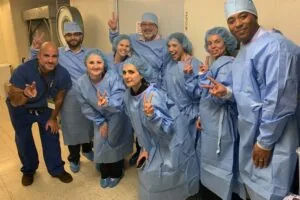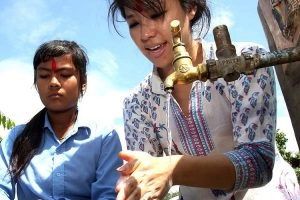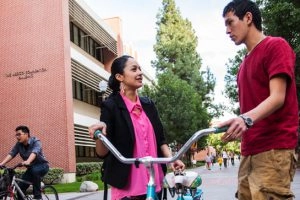Description
For scientists, issues of mistrust have become increasingly central in recent years, especially during the COVID-19 pandemic, when the U.S. witnessed an explosion of skepticism surrounding vaccines and therapeutics. In the backlash of these evidence-based, scientific findings and recommendations, the country also experienced deep political polarization, and scientists found themselves caught in the middle.
In the era of pressing issues such as overpopulation, natural resource depletion and climate change, how can scientists restore trust and find better ways to communicate findings and combat misinformation?
Wändi Bruine de Bruin, Provost Professor of Public Policy, Psychology and Behavioral Science at USC, joins Timothy Caulfield, professor of health law and science policy at University of Alberta, and Dominque Brossard, professor and chair in the Department of Life Sciences Communication at the University of Wisconsin-Madison, to discuss these issues and more.
Who Will Benefit
– Those looking to understand how communication tactics can improve the public’s understanding of climate change
– Scientists hoping to counter misinformation about scientific findings, such as the impacts of climate change
– Communication experts seeking advice on how scientists can share their research more effectively with the public
About Our Featured Faculty
Wändi Bruine de Bruin is a Provost Professor of Public Policy, Psychology and Behavioral Science. She has published more than 125 peer-reviewed publications on the psychology of risk perception and communication, as applied to personal health, sustainability and climate change, as well as household finances. Across USC, she holds affiliations with the Sol Price School of Public Policy, the Department of Psychology, the Schaeffer Center for Health Policy and Economics, the Center for Economic and Social Research, the Center for Sustainability Solutions and the National Center for Risk and Economic Analysis of Terrorism Events (CREATE). She is a member of the editorial boards of the Journal of Experimental Psychology: Applied, the Journal of Behavioral Decision Making, Decision, Medical Decision Making, the Journal of Risk Research, and Psychology and Aging.





